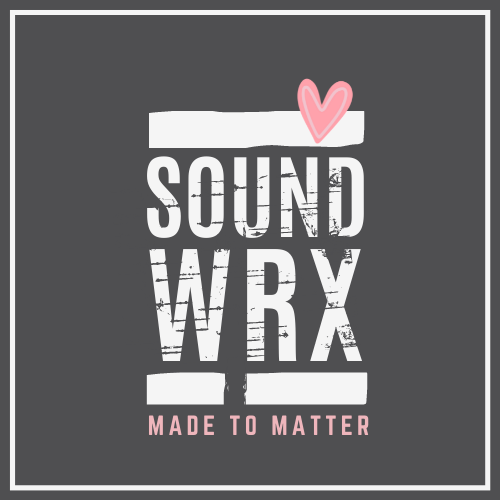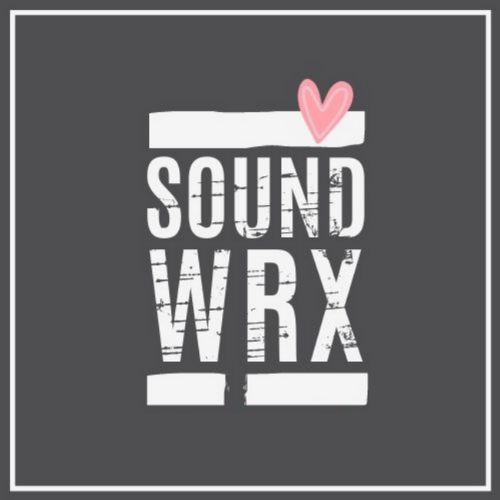The Hardest 6-Letter Word for Audiologists
CHANGE.
It’s hard to deny how advances in technology have changed the way we live in just the past 20 years. Similar to the changing times during the industrial revolution, shifts have been fast, expensive, difficult, and always changing.
Advances in technology have allowed research to transpire, altering our lives forever. In just the last 15 years we’ve learned how to create organisms with a synthetic genome which can mass-produce antibiotics or lab-grown meat, develop gene-editing technology (CRISPR) to make designer babies, discovered bones in a Moroccan cave that pushed back the oldest homo sapiens species back by 100,000 years, made cochlear implants mainstream so more deaf people could have the opportunity to hear, and looked inside a black hole. (https://www.livescience.com/biggest-science-of-the-decade.html) All of this possible because of evolving technology and some pioneering souls.Yet, for the most part, audiology hasn’t changed much.
The majority of audiologists resist change at all costs.
Here are a few highlights of how our profession continues to circumvent change:
Technological advances have made equipment smaller and portable with sound-cancelling headphones allowing us to work remotely. But most audiologists, however, still provide services in the convenience of their office using a mammoth soundbooth that cannot be moved. Even while sitting in their offices, audiologists are reluctant to use teleaudiology to reach out to patients who may never be able to get to a clinic.
For over 20 years, auditory neuroscientists have been proving the plasticity of the auditory pathway and even showing how appropriate intervention can synchronize unstable systems. Yet, most rehabilitative audiologists have made a practice of selling hearing aids without providing any aural rehabilitation. Resting your laurels on, and/or branding yourself as a “best practice audiologist” is not a substitute for treating just part of the system. It’s just not.
Continue to use the same methods of screening children that were used 60 years ago. We have had a plethora of research in auditory neuroscience showing the importance of testing with complex sounds versus pure tones. Yet, if a child is screened for hearing, pure tones are the preferred – and almost exclusively used - unit of measure. (https://pubmed.ncbi.nlm.nih.gov/28722648/) There is nothing functional about a pure tone screening. Nothing.
Not give all the options for a patient with hearing loss. For any audiologist who has worked with implantable technology, we know it is life changing for an individual. Yet, it is not uncommon to see many people fit with hearing aids who may never know they are a possibly a candidate for this technology. This is simply unethical. We are required to earn continuing education and if you don’t understand the criteria, get some training. Do it.
Continue to nay-say Over-The-Counter (OTC) hearing aids. Try using them to show what quality care with aural rehabilitation looks like. Technology is going to continue to advance and whining about it just makes us look antiquated and bitter. The best news is that hearing manufacturers are feeling the heat and, in my humble opinion, are making some significant changes in their own technology which have been outstanding. Some of the OTC hearing aids are good. Very good.
Continue to think auditory processing disorders are still controversial. Read the reasearch.
Not practicing our profession to its fullest extent. This is the main reason we have not earned a relative seat at the healthcare table. Many simply believe their advanced degree has earned them respect and don’t participate and/or donate to organizational efforts to promote our profession. (https://www.audiologist.org/resources/communications/in-the-news/item/senators-reintroduce-bill-to-improve-access-to-medicare-audiology-services). Do something.
In my opinion, audiology has come to a crossroads. Here are some key points audiologists need to start doing now:
Embrace technological advancements and our new understanding of the auditory pathway or just agree to be glorified audio technicians with an expensive degree.
Start testing our youngest constituents using contemporary measures steeped in research or they will continue to struggle to learn.
Huddle in numbers to provide one big, loud voice that we deserve a seat at the table.
Accept and translate advances in research that further our knowledge of the auditory pathway and ditch, or minimize, old standards.
Advocate for our profession as one – no matter which organization you belong to or associate with.
Put your money where your mouth is and contribute dollars, time, and energy to pushing the profession forward.
Be nice and kind to each other as our profession evolves.

